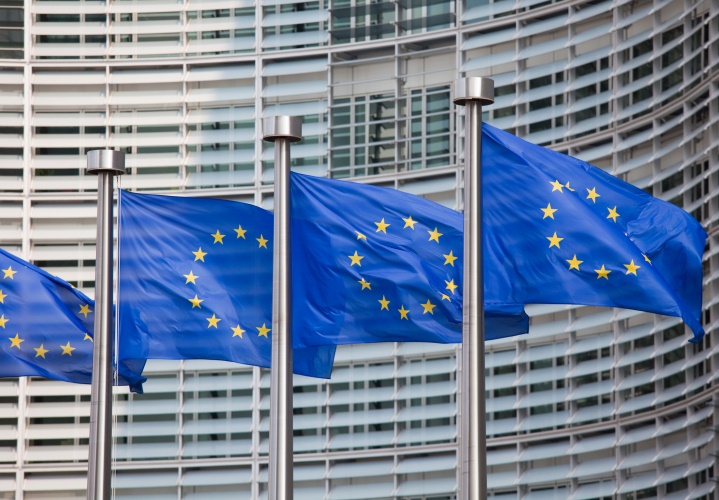As the UK Government serves notice of departure on the EU, life sciences businesses involved in cross border trade need to ensure that their contracts are enforceable now and post Brexit. It is of vital importance for international trade that parties can be confident that they will be able to enforce rights and obligations arising under contract and to have any disputes dealt with in a fair and timely manner, according to law. International arbitration is likely to continue to present a reliable option and life sciences businesses would do well to review their contracts to ensure appropriate arbitration and jurisdiction clauses are included in their contracts.
Choice of forum
The choice of forum for resolution of international disputes is litigation or arbitration. As to which you choose - there are considerations pointing either way. For example, arbitration offers: a neutral alternative to the courts of either party; a specialist tribunal; privacy and confidentiality; finality (appeals are limited by statute under English law and often excluded by institutional rules). On the other hand, the costs of arbitration are seen as drawback; an arbitral tribunal charges by time spent or by value in dispute and those costs will outweigh any court fees payable in litigation. Furthermore, multi-party disputes are more easily dealt with in litigation and an arbitral tribunal does not have the powers of a court, for example to compel attendance of witnesses and production of documents.
However, it is upon enforcement that the balance tends to shift in favour of international arbitration over litigation, indeed a survey conducted by Queen Mary University with White & Case LLP in 2015 found 90% of the respondents surveyed preferred international arbitration to litigation to resolve cross-border disputes. Enforcement is governed by international treaties. For arbitration, it is the New York convention to which 157 states are a party and agree to enforce arbitral awards. On the other hand, the UK’s arrangements for mutual recognition of court judgments are more limited.
Streamlined arbitration
In recent months some of the world’s leading arbitral institutions have taken steps to speed up the arbitration process. For example the ICC Arbitration Rules were updated with effect from 1 March 2017, introducing a new expedited arbitration procedure which will apply to cases where the amount in dispute does not exceed US$ 2 million, unless the parties decide to opt out. Similarly, the Stockholm Chamber of Commerce introduced its new Arbitration Rules and Rules for Expedited Arbitrations on 1 January 2017. Both the Hong Kong International Arbitration Centre and Singapore International Arbitration Centre have also introduced expedited procedures. These are welcome initiatives to speed up the process and to save costs.
Impact of Brexit
The enforcement of arbitral awards will be unaffected by Brexit. However, there will be a change for international litigation touching on EU jurisdictions.
Currently EU members must recognise exclusive jurisdiction clauses favouring other member states but this will be lost in departing from the EU. If these arrangements are not replaced businesses are exposed to the threat of multiple proceedings with inconsistent results and additional costs and delay. Enforcement and recognition of judgments within EU member states is dealt with relatively quickly with simple procedures in place across the EU. If they are not replaced there is the risk of having to re-litigate a battle already won, with additional costs and delay and potential for inconsistent outcomes. Service of proceedings on EU domiciled parties is currently regulated by the EU and current arrangements will need to be replaced or lost. There are various options available to replace the current arrangements but ultimately all will depend on the outcome of the negotiations with the EU.
In our experience, international arbitration can be suitable for dealing with a variety of issues arising under cross border trading agreements in the life sciences sector including payment and contractual disputes arising out of regulatory, quality, licensing and IP issues.
The factors that influenced businesses to opt for international arbitration over litigation prior to Brexit remain true and the uncertainty of outcome of the Brexit negotiations would make it sensible to consider arbitration in trading agreements with international counterparties, including those based in EU jurisdictions.

 Michael Frisby
Michael Frisby